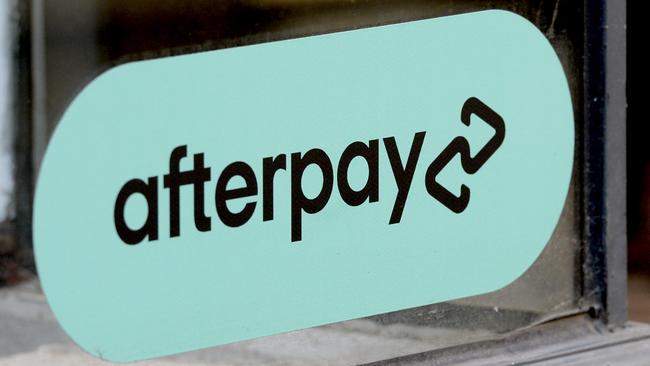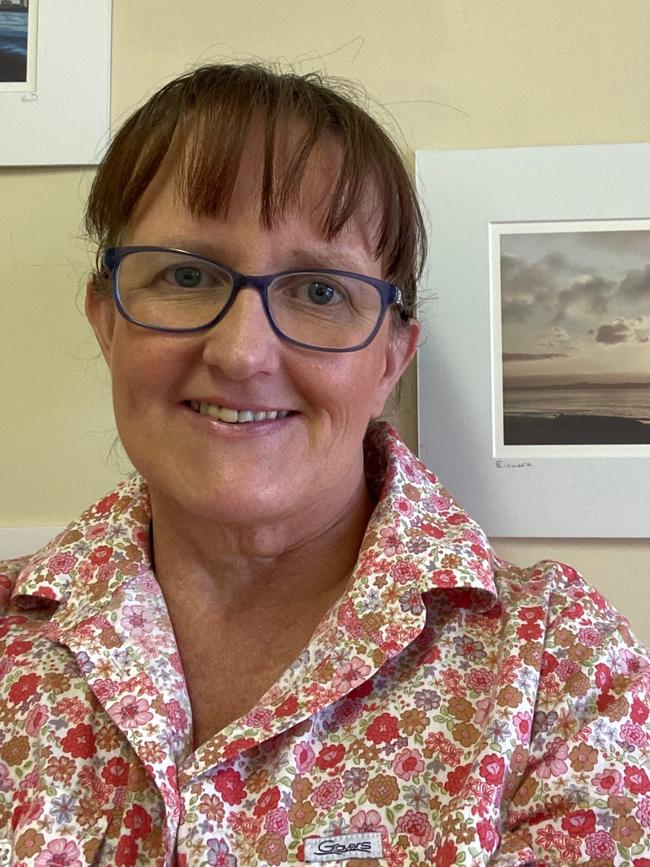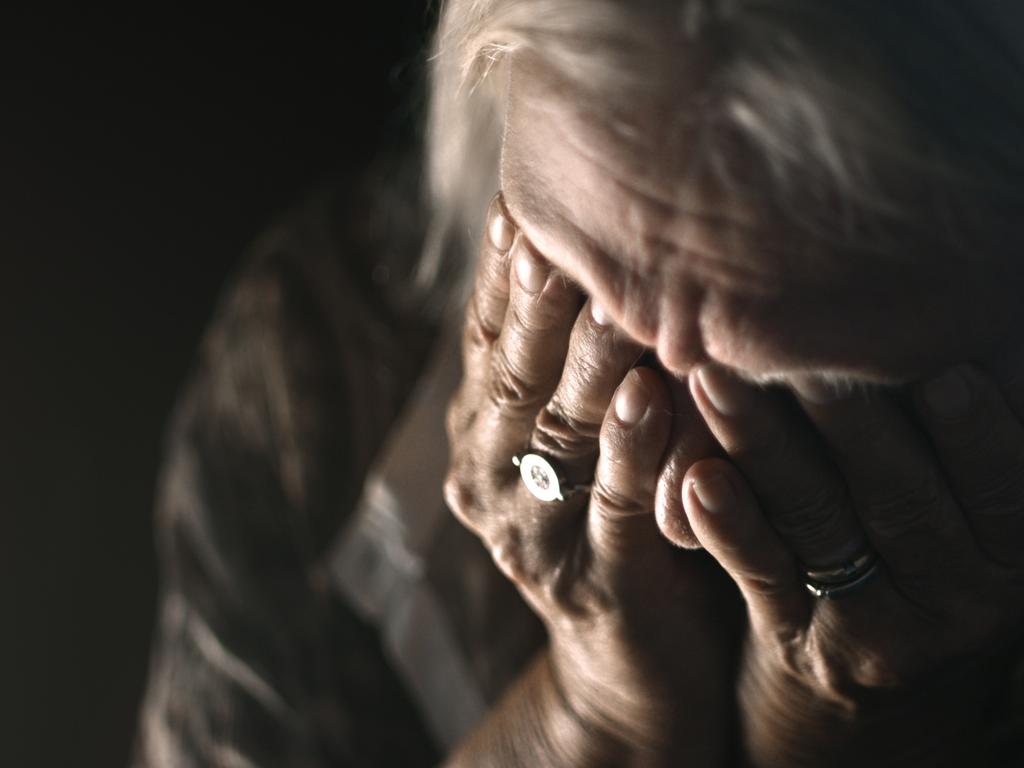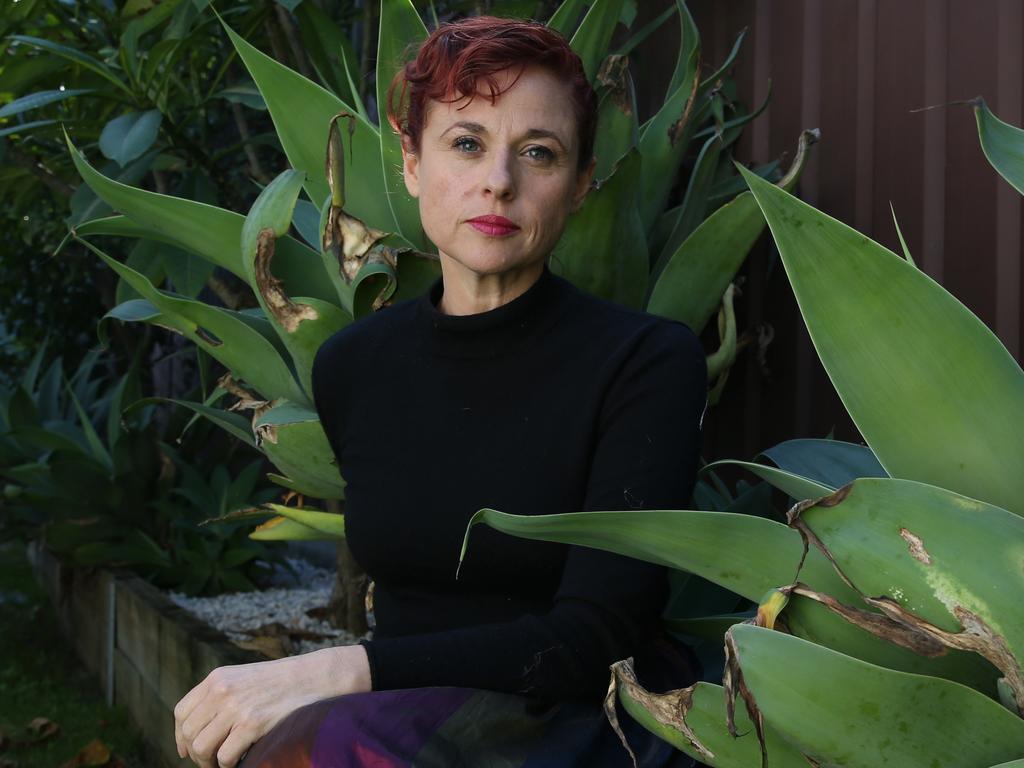Australians struggling to afford mental health services are turning to Afterpay
Desperate Australians have turned to platforms such as Afterpay to cover mental health care, amid calls to increase Medicare rebates for psychiatry services.

Desperate Australians have turned to buy now, pay later platforms for mental health care, amid calls to increase Medicare rebates for psychiatry services.
Nearly half of Leanne Carol’s clients at Womens Counselling Services use Afterpay after she introduced it about a year ago.
The clinic, based in the Gold Coast, Sydney and Perth, caters largely to domestic violence victims, but Ms Carol noticed that clients were booking in for only a couple sessions before the cost became too much.
“I started asking my clients ‘Is everything OK?’ … And it was all financial. There wasn’t anyone that didn’t say financial,” she said.

“I thought wow, this is the world we’re living in where we need mental health services more than ever, yet with the cost of living, people are not able to always afford it.”
The clinic’s services are not covered under the Medicare Better Access sessions, which provides a rebate for up to 10 sessions a year.
The number of sessions was previously slashed from 20 sessions in 2022, while the current recommended fee for a standard 40-60 minute consultation with a psychologist is $300, according to the Australian Association of Psychologists.
The Royal Australian College of General Practitioners has put out a call for the Medicare Benefits Scheme rebate for psychiatry services to be lifted from 85 per cent of the schedule fee to 100 per cent in a pre-federal budget submission.
The RACGP also called for a new MBS item to be established for medical practitioners who complete the Certificate of Postgraduate Training in Clinical Psychiatry.
While Afterpay isn’t the solution, it’s a temporary fix for the high costs, Ms Carol said. “We don’t want people to go into debt full stop, but if (using Afterpay) is a means to an end in a short term, that’s how we justify it.”


Counsellor and psychotherapist Gaye Cameron introduced Afterpay to the Counselling Service For You clinic 2½ years ago during the Covid-19 pandemic after seeing patients struggle with out-of-pocket costs during the health crisis.
Dr Cameron had offered pro bono counselling in the past before introducing the buy now, pay later (BNPL) platform.
“There were some people that said ‘Can I pay you off $20 here, $20 there’, and then I looked into Afterpay.”
The ethics of offering BNPL was discussed with Dr Cameron’s supervisors and industry peers, but in a similar fashion to Ms Carol, she concluded it was the lesser of two evils.
“People do come to me on a needs basis – if they can’t pay, they won’t come,” she said.
“It’s like if you’re avoiding going to the dentist because you can’t afford it – you’re going to have a sore tooth.
“So it’s one of those devil’s advocate, needs basis, but it’s not uncommon in medical professions.”
While Dr Cameron said she hasn’t had clients use the Afterpay option in about six months, she said the mental health sector was in urgent need of support.
She recalled how a client had recently admitted themself into hospital but was put into an oncology ward as there were no mental health beds available.
“So here you are with mental health issues, sadly in a bed that’s got people with cancer and at the end of life, and I just think that’s a horrible environment to put a person in,” she said.
Ahead of the federal budget Dr Cameron is calling for Medicare rebates to be extended to mental health professionals such as herself who aren’t covered.
“There’s over 15,000 registered counsellors and psychotherapists in Australia that are not part of that provision under Medicare,” she said.
“The time has come to change where the government has to see the resources that are available and give it as a provision under Medicare.”
Australian Association of Psychologists Executive Director Tegan Carrison has slammed the government for allowing BNPL services to be used in the mental health sector, claiming it could open the door for sensitive medical data to be hacked and a gateway to debt.
“The government has failed by leaving it to the whims of private finance providers to ensure that vital healthcare services can be provided.
“At a time when Aussies’ mental health could not be more fragile, the whole of government needs to seriously weigh up whether it wants citizens caught in multiple vicious cycles — especially when the solution of restoring holistic access is only a pen stroke away,” she said.
Postcodes and income brackets shouldn’t dictate if people can access mental health care, Ms Carrison added, urging the government to restore the Medicare Better Access sessions to 20 sessions.
A spokesman for Health Minister Mark Butler criticised mental health providers using BNPL, and said the affordability of mental health services was a “key driver of mental health reform” for the Albanese government.
“Private mental health service providers using buy now, pay later arrangements are preying on vulnerable Australians for commercial interest,” the spokesman said.
The government is currently taking action to address the risks of consumer harm associated with BNPL and working to ensure mental health services are integrated “across the entire system” through the new National Health Reform Agreement.
An Afterpay spokesman said the platform is free for consumers who pay on time and a “much safer and affordable alternative to traditional credit.”





To join the conversation, please log in. Don't have an account? Register
Join the conversation, you are commenting as Logout